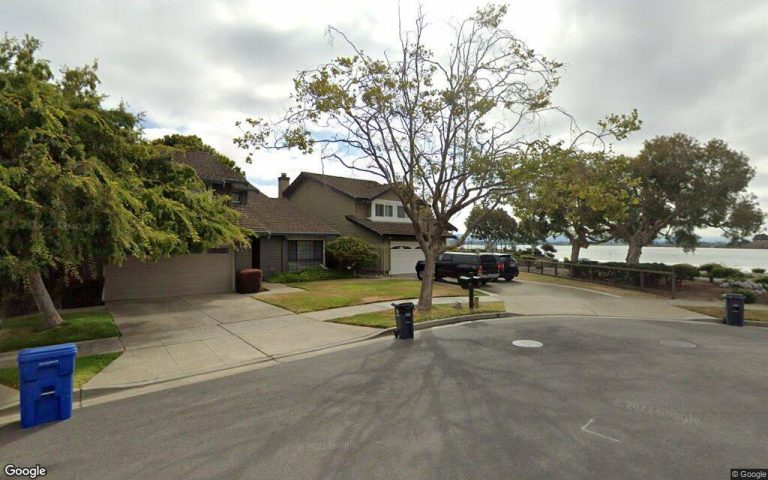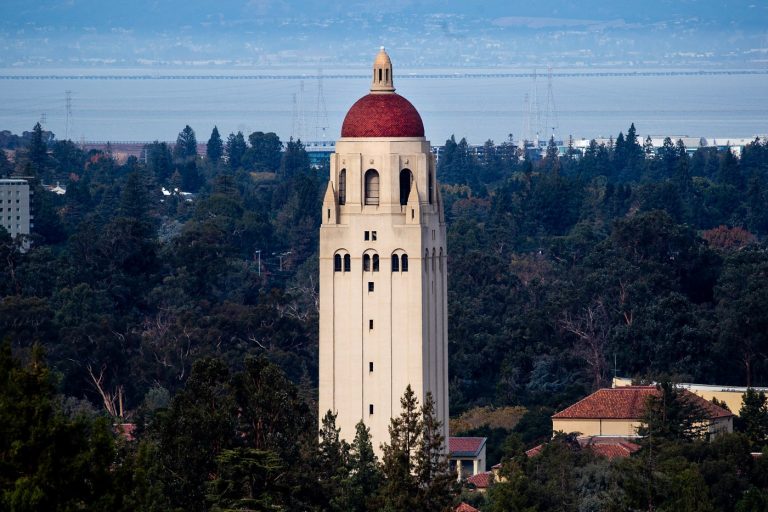Google was once the company with the motto “Don’t be evil.” Well, those days are gone.
Last week, a federal judge ruled that the Silicon Valley company is a monopolist that uses its market advantage to stifle search-engine competition.
In another case, the federal government and eight states, including California, allege Google has “corrupted legitimate competition” in the technology that drives online advertising.
Local news organizations are victims of these monopolistic practices. Google not only curtails our ability to generate advertising dollars, but it also uses our news content to drive web traffic to its search site.
Essentially, they’re putting the work product of our journalists on their site and selling advertising with it. And reaping the profits. Google made more than $300 billion last year, most of it from advertising it sells using content it did not create or pay for.
Meanwhile, local journalism is struggling to survive. California alone has lost over 100 newspapers in the last decade, cutting off a flow of information critical for the survival of local democracy.
Fortunately, state lawmakers are trying to at least partially correct this imbalance.
Two bills are working their way through the Legislature this month. The most promising, AB 886, authored by Assemblymember Buffy Wicks, D-Oakland, would require online platforms such as Google and Facebook to share the money they make off local news organizations’ articles.
The bill would require the journalism organizations to spend at least 70% of funds through the California Journalism Preservation Act on journalists and support staff. In other words, Google would have to stop undermining local journalism and start helping fund it.
It’s not a new idea. Similar laws have been passed in Canada and Australia, resulting in hundreds of millions of dollars of investments in newsrooms.
Related Articles
Why Silicon Valley is trying so hard to kill this AI bill in California
Opinion: Google exemplifies the lack of competition in the tech world
Google illegally maintains monopoly over internet search, judge rules
Silicon Valley’s artificial intelligence frenzy: a bubble full of problems, bound to burst?
Proposed California law seeks to protect public from AI catastrophes
Of course, the devil is in the details, and the biggest detail remains how much Google would be required to compensate news organizations for the privilege of using their content. The amount is currently under negotiation between legislative leaders and Google. The big question is whether the company will strike a deal, as they have in other countries, or roll the dice and go to arbitration.
Wicks’ bill, now in its second year in the Legislature, has passed the Assembly but must still pass the key Senate Appropriations Committee this week. Before the end of the month, it must pass the full Senate and go back to the Assembly for concurrence in amendments.
Another bill, SB 1327, by state Sen. Steve Glazer, D-Orinda, takes a different approach to the same problem. It would tax large tech firms on the user data they collect for advertising purposes and then use the tax revenues to support news publications.
Clearly, change is needed. Google has long ago abandoned its motto of altruism. Only action by lawmakers can curb this behavior. We’re in the final month of the legislative session. Now is the time to get this done.












